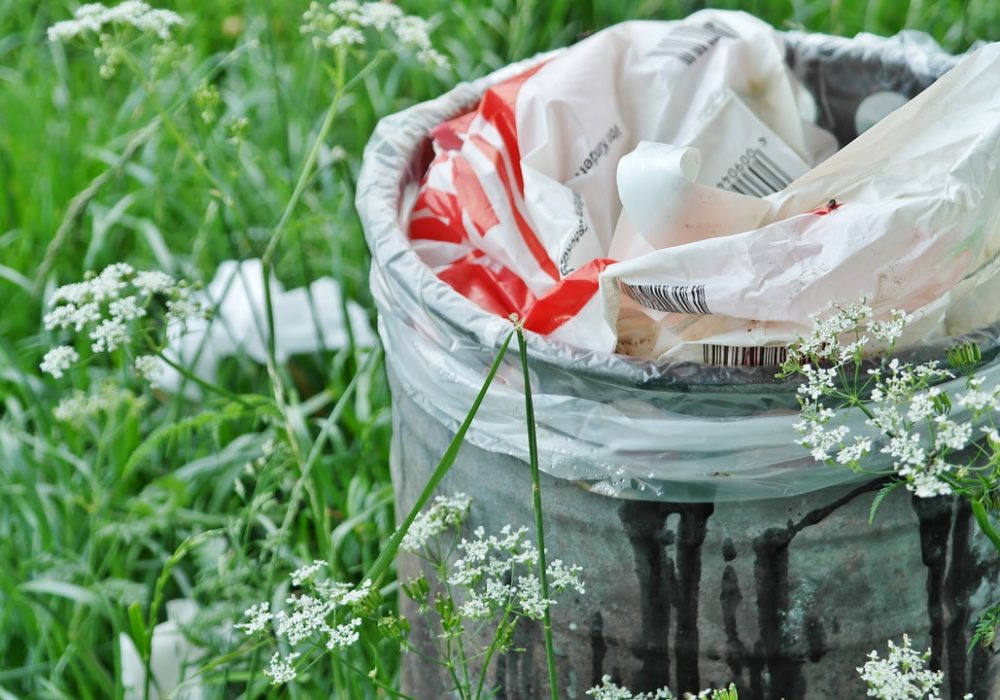
Incorrectly or unsorted recycling boxes left out can be a real efficiency issue for refuse collections. Sifting through each bin to find compatible items – whether this is done at the roadside or the recycling plant – adds time and effort to each round.
In order to combat recycling problems, an increasing number of councils are leaving notes for local residents, advising them when certain packaging cannot be picked up. But is this an effective technique for improving behaviour, or does it put people off recycling for fear of being ‘named and shamed’?
Let’s take a closer look at the value of better recycling – and whether Local Authorities should be getting tougher on the rules surrounding it.
What a waste
Most people want to look after the world, and interest in responsible waste disposal is at an all-time high following high-profile television series like Blue Planet series and War on Plastic. Recycling packaging is an everyday habit that can contribute towards this goal – however, from a waste management perspective, well intentioned but ill-informed households can be more of a hindrance than helpful.
More than three quarters (75%) of households in England and 83% of homes in Wales put at least one unacceptable item in their recycling bin each year. Whether this is an innocent mistake, or they simply couldn’t be bothered to dispose of the item correctly, most communities don’t realise the consequences of their errors.
More than 338,000 tonnes of supposedly recyclable waste is rejected each year in the UK – either because the materials cannot be renewed, or because perfectly good items have been contaminated by other things left out for collection.
There’s also a health and safety consequence for collection crews, as sometimes sharp, dangerous or broken objects can be put out in error, or by lack of awareness of the consequences.
Putting a label on poor performance
To cut the number of unsuitable items being left out on recycling day, Local Authorities across the country are experimenting with marketing campaigns. For example, in September last year, residents across Lincolnshire started receiving bin stickers and postcards in an effort to cut down on the ‘worst offending’ items being mistakenly included in recycling collections.
Among the items highlighted by refuse collection crews in Lincolnshire were nappies and sanitary products, food waste, electrical products and batteries. Other key items that can cause problems are non-recyclable plastics – such as carrier bags and bubble wrap – and dirty food containers like pizza boxes, which contaminate other materials.
Educational marketing schemes have enjoyed success in many parts of the UK; when Wrexham council trialled food waste warning stickers on residents’ bins, the volume of leftovers being put out in food recycling bins increased by 19 tonnes.
Kirklees council in West Yorkshire has even taken a tougher approach to tackling recycling issues, seizing 1,300 bins from residents who contaminated their recycling collection with general household waste. Rejected recycling levels have dropped from 33% to 6% since the scheme was implemented.
However, there is always a risk that targeting households will cause offence, or make what is already a complex collection scheme even harder for people to get their head around. Despite the government setting ambitious targets, recycling rates have actually fallen in 14 million households during the last five years – and rules and regulations surrounding collections could be partly to blame.
Knowledge is power
So how can Local Authorities improve recycling knowledge in their communities, without offending residents? One of the answers is to improve waste management insights, so that collection crews know the real source of the problem.
An increasing number of UK councils are investing in waste management software to improve the way in which they run local services. While this decision may be driven by a need to cut paperwork and streamline costs, the more sophisticated systems offer additional features that can innovate waste disposal in other ways.
For example, waste management technology can track the volume of recycling collected down to street level, including which routes are worst affected by unsuitable items left out for collection. Street crews can support this by providing real-time feedback when they encounter unacceptable packaging, and what these items are – building up vital knowledge on where households are most likely to make mistakes.
This knowledge can then be used to implement targeted local campaigns that get to the root of the problem, focusing on the areas where the problem is greatest, and increasing knowledge on what can and cannot be recycled based on the most common errors. And by being more targeted, residents will find the information helpful, rather than feeling like they’re being named and shamed.
The ripple effect
By working to lower the number of non-recyclable items left out, Local Authorities can reduce the time it takes to collect, sort and manage recycling rounds, and increase overall efficiency; cutting down the percentage of unsuitable packaging on board each truck.
This positive change can be tracked and reported as well – so that, over time, waste management teams can use data insights to show how better education is improving recycling collections and saving money.
And most importantly, these improvements can be shared with the wider community, to demonstrate that people’s hard work is paying off and inspire them to put even more effort into getting recycling right.
Whitespace Municipal is already helping Local Authorities across the UK to understand their recycling challenges and make collections more efficient. Book a free demo to see how we can improve recycling performance in your region.
